Immigration is changing the face of religion in Nova Scotia
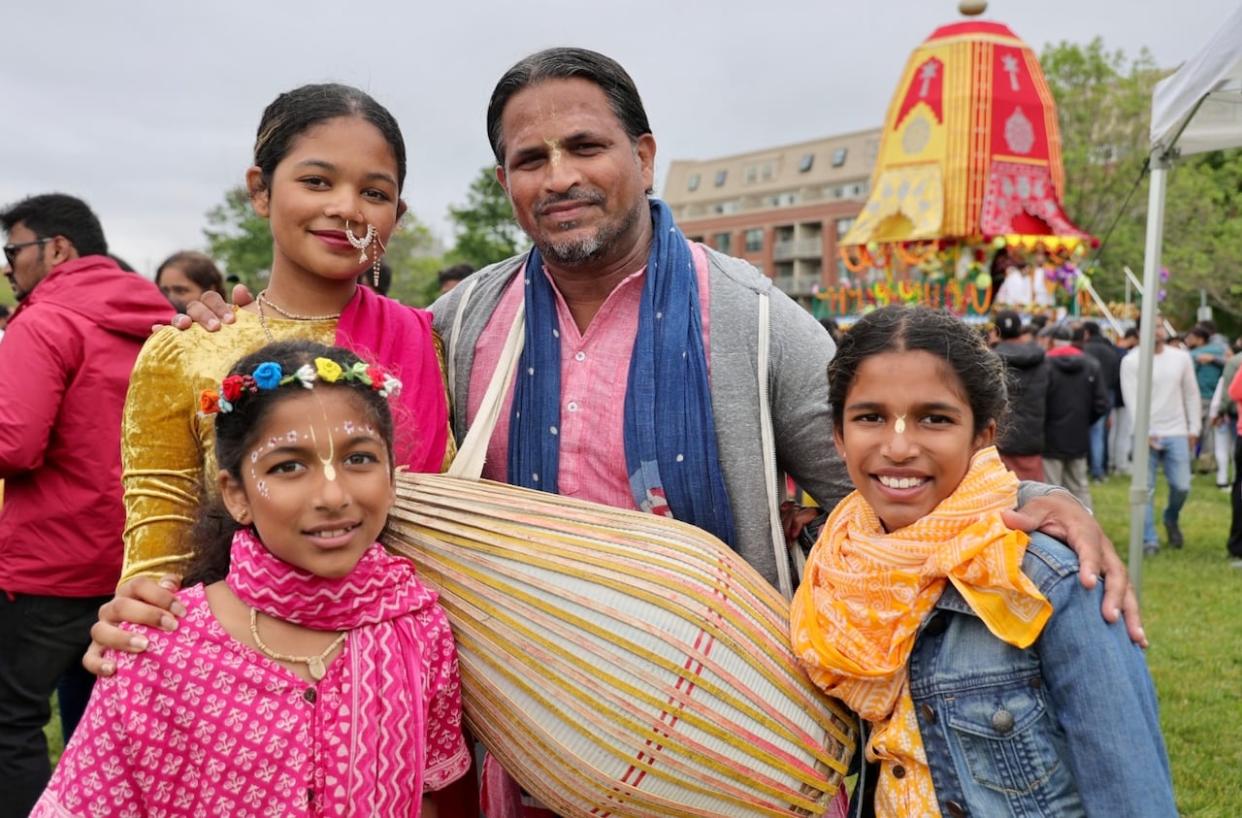
The growing number of immigrants coming to Nova Scotia has led to dramatic growth in some religious communities.
The number of Muslims in Nova Scotia has almost doubled in the last decade, according to Statistics Canada. There were about 15,000 Muslims in Nova Scotia in 2021, up from about 8,500 in 2011.
The Sikh and Hindu communities have also seen significant growth.
Emad Aziz, a spokesperson for the Islamic Association of Nova Scotia, said the growth has sometimes been a challenge, but a welcome one.
Aziz said attendance at mosques and community centres has been increasing year after year.
"We have to be very creative in how to make best use of the space we have today, but also think [about how to] provide for the needs of the attendees that are coming," he said.
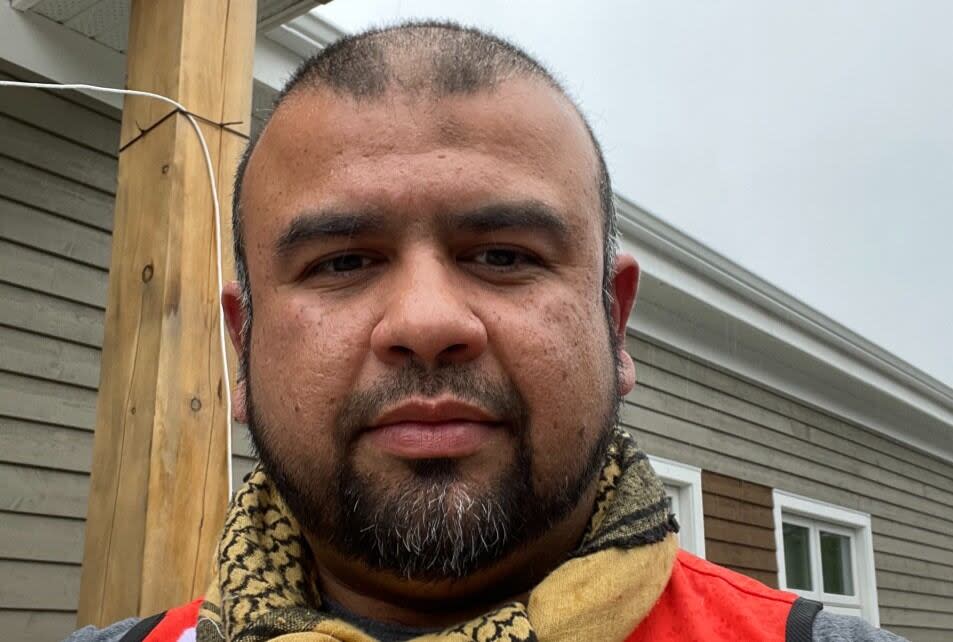
Emad Aziz is a spokesperson for the Islamic Association of Nova Scotia. (Emad Aziz)
He said the association is working to ensure that it is able to accommodate the needs of the community in the future.
Aziz said the association helped to raise funds to open the first mosque in Pictou County.
The Pictou County Masjid was opened in 2019 in a deconsecrated Catholic church which, like many others in the province, had been closed because of dwindling attendance.
Aziz said Muslim newcomers look to mosques not only for prayer but also as a place of belonging that provides them with a sense of comfort amid the unfamiliarity of their new country.
Christopher Helland, a Dalhousie University associate professor who focuses on religion in contemporary culture, says religion is fundamental to the identity of many immigrants and helps them navigate the world.
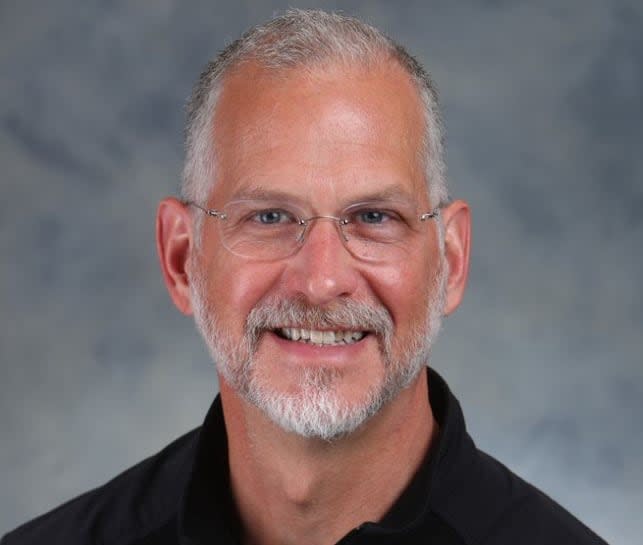
Christopher Helland is an associate professor at Dalhousie University. (Dalhousie University)
He said places of worship are valuable institutions to people arriving in the province from other countries.
Maintaining cultural identity
Muslims, Hindus and Sikh religious institutions help people maintain their cultural identity and their sense of purpose and well-being, Helland said.
"It's not just about believing in the tradition," Helland said. "It's also about what resources those institutions provide for the newcomers, how it helps them integrate into society."
Helland said many Christian churches in Nova Scotia have seen attendance decline and congregations grow older.
The Hindu, Muslim and Sikh communities have more community and family involvement, he said, resulting in attendance across a broad range of ages.
Shammy Sohal, temple president of the International Society for Krishna Consciousness in Halifax, said their attendance has grown rapidly in recent years. He said about 100 people attend the regular service on weekends.
He said young families — primarily from Southeast Asia — coming to Canada to start a new life account for most of the growth.
Guidance on life in Canada
People are coming to temple gatherings to meet new friends and to make contacts that can help them find a job or get guidance on life in Canada, he said.
"We have a Food for Life initiative which encourages people within our community to come together, cook vegetarian food, and we'll take it to the homeless," Sohal said.
"It's no longer that we're coming and praying together, but we're coming and we're building a partnership in some ways and that's what we've noticed."
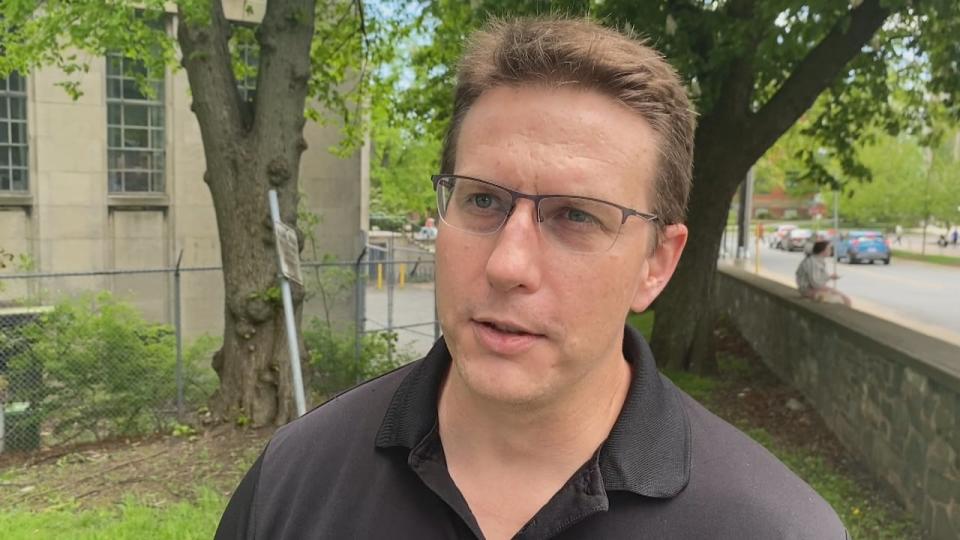
John Stevens is the pastoral life and new evangelization manager of the Archdiocese of Halifax-Yarmouth. (CBC)
The Roman Catholic church in Nova Scotia has seen a consistent fall in attendance over several decades. Churches have been closed and parishes consolidated.
That overall trend continues, but immigrants have helped slow the decline, according to John Stevens, pastoral life and new evangelization manager at the Archdiocese of Halifax-Yarmouth.
Stevens said people are coming from other parts of the world and bringing their faith with them. He said that has contributed to a rebound in attendance since the COVID-19 pandemic, though not to pre-pandemic levels.
Creating a sense of belonging is key to getting people to want to stay with the church, Stevens said.
"It's very important to be able to build that type of feeling and give opportunities for people to connect in that way," he said.
Accommodations between faiths
The religious needs of a burgeoning immigrant population in the province has also led to accommodations between faiths that would have seemed strange in the past.
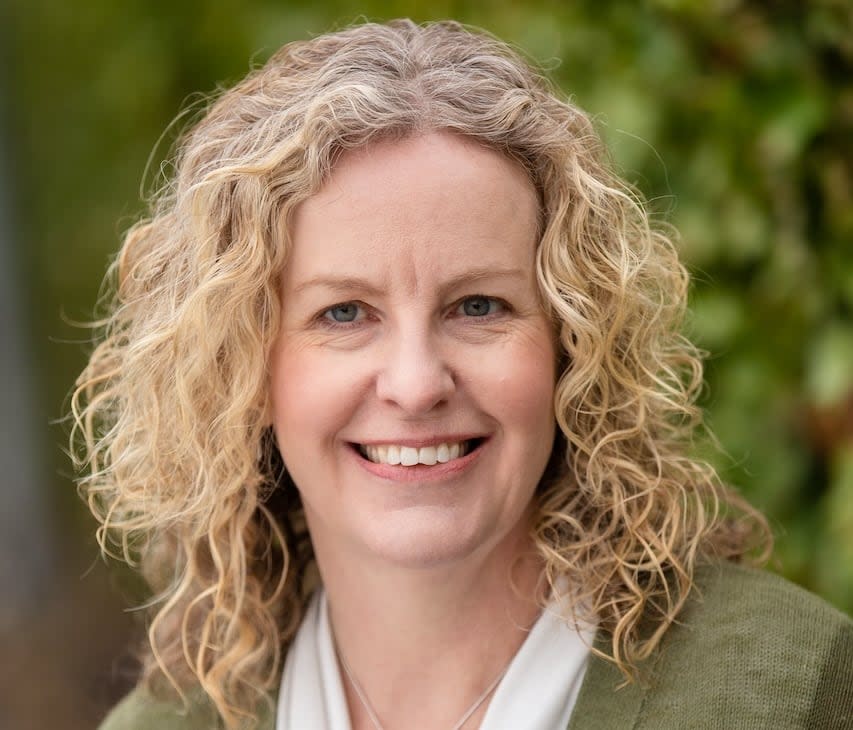
Beth Hayward is minister at Fort Massey United Church in Halifax. (Hannes van der Mewre)
Fort Massey United Church has been serving the Christian community in the south end of Halifax for over 150 years.
In addition to yoga on Tuesdays and Wednesdays, the church's weekly calendar now includes Muslim prayers on Friday afternoon to cater to the growing demand in the area.
Beth Hayward has been the minister at the church since late last year.
She said being able to invite people of another faith into the church feels like a broadening and deepening of connections between the two communities and was a source of pride for the congregation.
Hayward said one of her mandates as minister is to address dwindling church attendance and bring in new people.
She said she wants to encourage more newcomers but there are barriers that must be removed in order to make them feel more welcome.
"The challenge, though, is when newcomers come into a church that has an older membership, all of whom are white, that can be a very difficult thing to bridge and to find the places of connection," Hayward said.
MORE TOP STORIES

